What is Soil pH?
Soil pH is a measure of how acidic or alkaline the soil is on a scale from 0 to 14, with 7 being neutral. Soils below 7 are acidic, while those above 7 are alkaline. Most plants prefer slightly acidic to neutral soil (pH 6.0–7.0), although specific preferences vary by species.
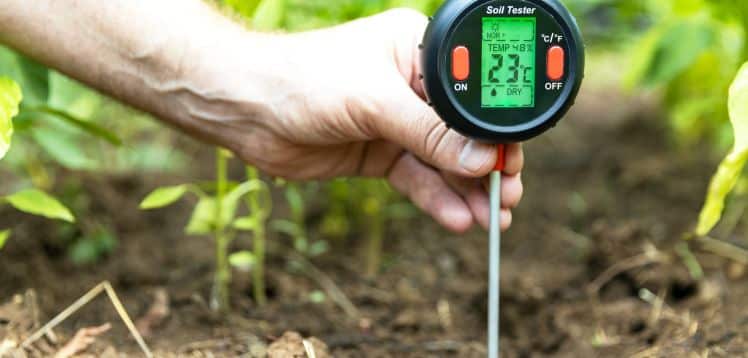
Factors That Affect Soil pH
1.Parent material: The type of rock the soil originates from.
2.Rainfall: Heavy rainfall leaches alkaline elements like calcium and magnesium, making soils more acidic.
3.Fertilizers: Ammonium-based fertilizers can acidify the soil over time.
4.Organic matter: Decomposing organic matter can release acids into the soil.
5.Irrigation water: Depending on its mineral content, it may raise or lower soil ph.
Things to Consider Before Adjusting Soil pH
- The current pH level: Use a soil test to determine how far off the soil is from the target range.
- Plant needs: Know the optimal pH range for your specific plants.
- Soil type: Sandy soils require smaller adjustments, while clay soils need more material to alter pH.
- Long-term impact: Adjustments may take months to reflect and require monitoring.
How to Measure Soil pH?
Soil pH is a key indicator of acidity and alkalinity by measuring the concentration of hydrogen ions in the soil, which affects plant nutrient uptake.
pH paper/kit: Cost effective but limited to visual colorimetric reading of infiltrated suspension.
A20 Water pH ORP Controller (with pH Sensor)
- Online meter for pH/ORP monitoring, adapted to Apure wide range of pH sensors, with real-time online measurement and automatic calibration.
- Is designed for water quality, but soil pH can also be read accurately by making a soil slurry.
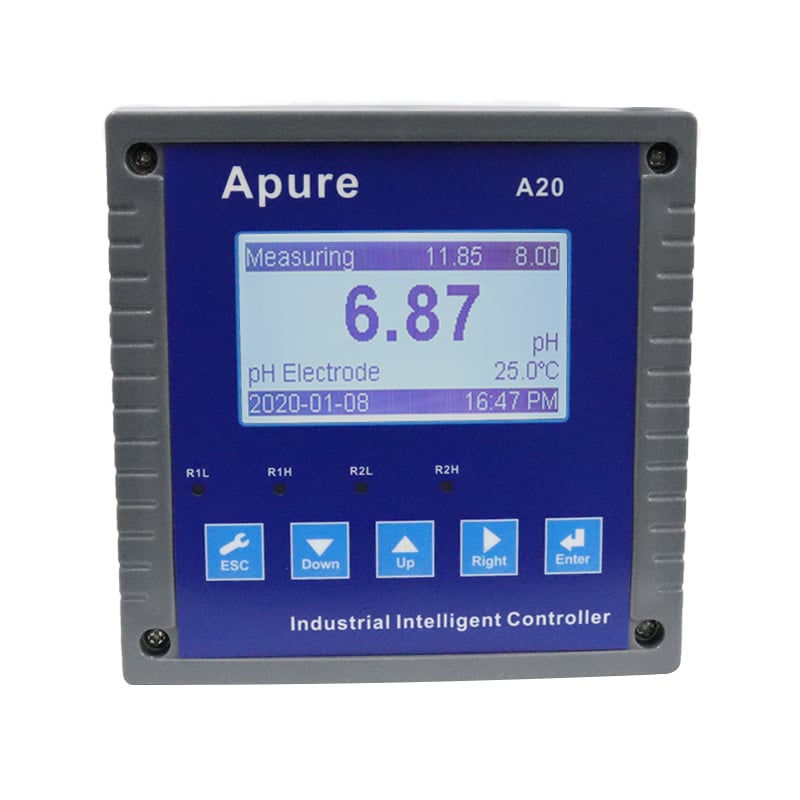
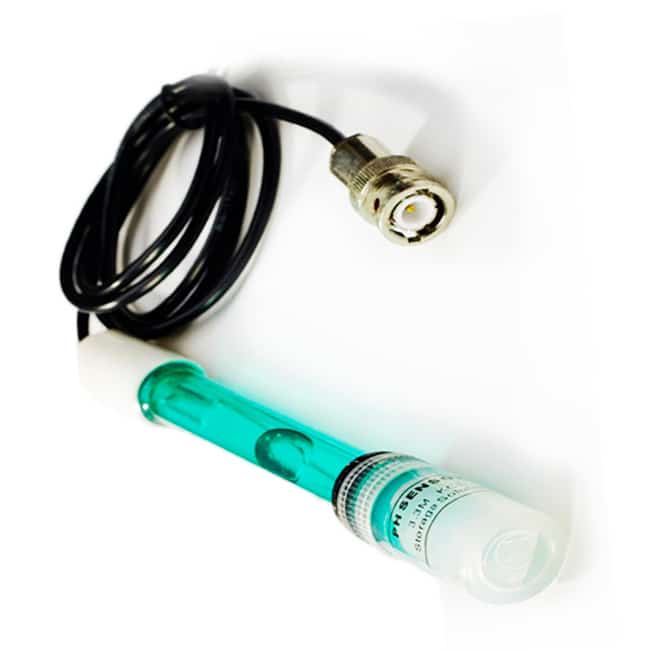
RP-3000 Automatic pH ORP Controller
- Advanced model with automatic pH sensor cleaning and life diagnostics for frequent measurement environments.
- Used in soil slurry, similar to the A20 principle, for continuous sampling of research/agricultural data.
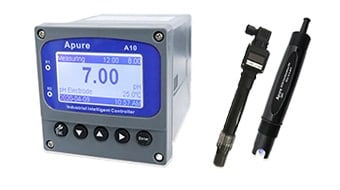
4-20 mA / RS485 pH Sensor
- Waterproof industrial grade probe for soil slurry measurements or insertion into moist soil.
- Measuring range 0-14 pH, adapted to the controller, stable and resistant to contamination.
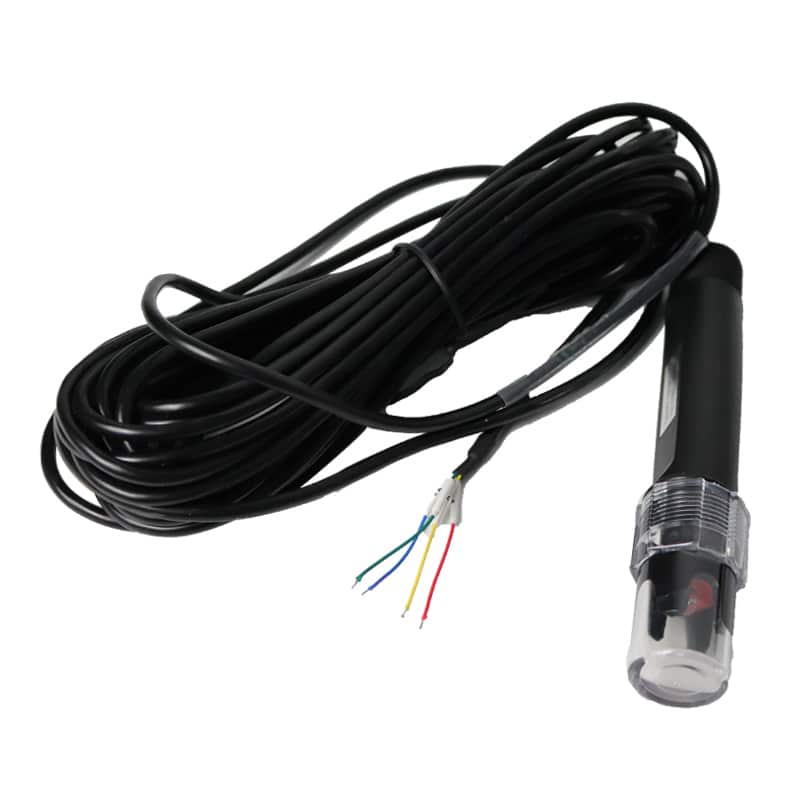
How to Raise Soil pH?
- Lime (Calcium Carbonate): The most common and effective amendment. Use dolomitic lime if your soil also lacks magnesium.
- Wood ash: Adds potassium and calcium, slightly raises pH.
- Crushed eggshells or oyster shells: Slow-release calcium sources.
- Baking soda (for small-scale use): Raises pH quickly but should be used with caution.
- Use alkaline irrigation water: If your water has high bicarbonate levels, it may help raise pH gradually.
Apply amendments evenly, incorporate them into the soil, and re-test after a few weeks or months.
How to Lower Soil pH?
Elemental sulfur: Reacts with soil microbes to lower pH over time.
Acidifying fertilizers: Such as ammonium sulfate or urea.
Peat moss: Organic and effective in acidifying soil.
Iron sulfate or Aluminum Sulfate: Quicker results but can be harmful in excess.
Summary
Soil pH plays a vital role in plant health by affecting nutrient availability and microbial activity. If your soil is too acidic, you can safely raise the pH by applying lime, ash, or other alkaline materials. Always test first, make gradual changes, and monitor progress to ensure optimal growing conditions for your plants.
Whether you are a farm operator, greenhouse manager, or environmental monitoring program implementer, Apure can provide you with one-stop measurement support from sensors to flow meters, level measurement, pressure measurement, temperature measurement, and ozone generators to help you apply fertilizers scientifically, manage efficiently, and safeguard the health of your soil. Welcome to contact us for customization.
